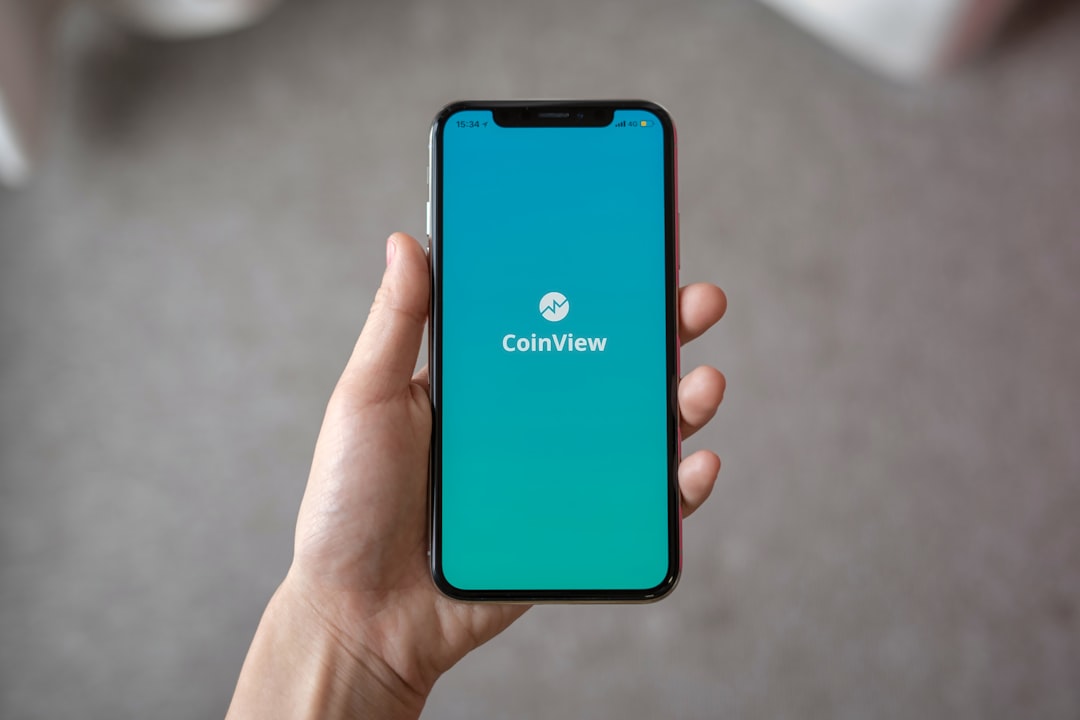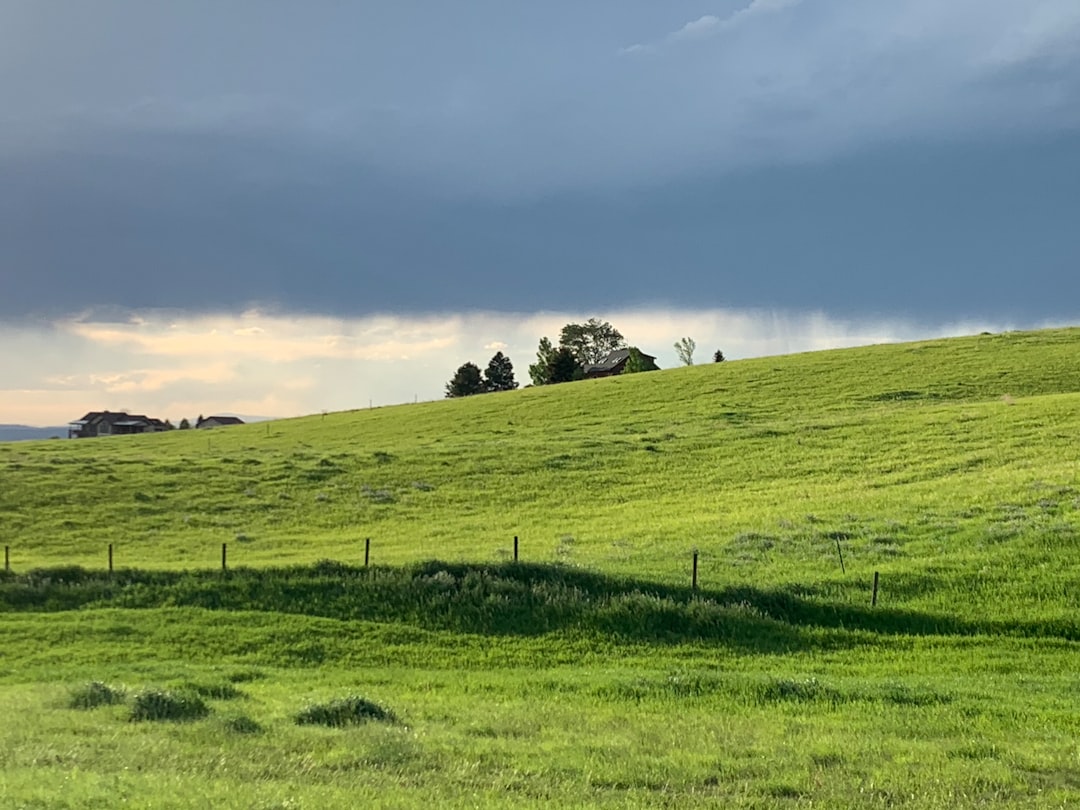In Montana, telemarketing for legal services faces challenges due to residents' privacy-focused culture and preference for local sources. The state's strict "Do Not Call" laws target aggressive marketing from lawyers, impacting trust levels. To rebuild trust, law firms must adopt a balanced approach: personalize interactions, respect preferences, offer multiple contact options, and provide clear identification. This strategy, aligned with SEO keywords like 'Do not call Lawyer Montana' and 'Do not call attorney Montana', fosters positive perceptions while avoiding traditional "do not call" lists in favor of community engagement.
In Montana, as in many states, telemarketing has become a ubiquitous aspect of legal services outreach. However, the aggressive nature of these calls, particularly from law firms and attorneys using methods like “do not call” lists, has sparked concern over its impact on community trust. This article delves into the complex relationship between telemarketing practices and community trust in Montana, offering insights from a closer look at current trends, exploring strategies to enhance trust while mitigating irritation, and suggesting alternative approaches for legal services accessibility.
Telemarketing Practices in Montana: A Closer Look

In Montana, as in many states across the nation, telemarketing practices have become a ubiquitous part of modern life. However, unlike other industries, telemarketing firms often face stringent regulations, particularly when it comes to consumer privacy and consent. The state’s strict Do Not Call laws, which include provisions against unwanted phone calls from lawyers and attorneys, reflect a growing awareness of the impact these practices can have on community trust.
Montanans value their personal space and privacy, and the proliferation of aggressive telemarketing campaigns has sparked concern among residents. This is especially true when it comes to legal services, where many consumers prefer to seek advice from trusted local sources rather than answering unsolicited calls from out-of-state law firms. Understanding these dynamics is crucial in gauging how telemarketing affects community trust and the perception of legal service providers within Montana’s unique context.
The Impact on Community Trust: Understanding the Relationship

The relationship between telemarketing and community trust is a nuanced topic that requires careful consideration. In Montana, where residents often value their privacy and local connections, excessive or intrusive telemarketing can significantly impact trust levels within communities. When individuals consistently encounter unwanted calls from law firms or attorneys (do not call lawyers Montana, do not call attorney Montana) promoting legal services, it can create a sense of annoyance and mistrust. This is particularly true if these calls are perceived as invasive, disregarding local do-not-call lists and regulations.
Building trust in the context of telemarketing involves striking a balance between communication efforts and respecting individual preferences. By adhering to state guidelines and prioritizing consent, businesses can foster a positive perception among Montana communities. Encouraging transparent practices, such as clearly identifying call sources and providing opt-out options, can enhance community trust rather than erode it. This approach ensures that residents feel empowered to make choices regarding their interactions with legal services providers (do not call law firms Montana, do not call lawyers Montana).
Strategies to Enhance Trust and Reduce Irritation

Building trust in telemarketing involves a strategic approach to connect with potential clients in Montana while minimizing irritation. One key strategy is to prioritize authenticity and transparency in all communications. This means clearly stating the purpose of the call, providing valuable information, and avoiding aggressive sales tactics. Businesses should focus on educating prospects about their services’ benefits rather than pushing for an immediate sale. Personalization is another powerful tool; tailoring messages to individual needs demonstrates a genuine interest in helping the community.
To reduce potential irritation, companies must respect do-not-call lists and preferences. Many residents of Montana opt-out of receiving telemarketing calls, so adhering to these choices is essential. Additionally, offering multiple contact channels, such as email or an online form, gives clients alternatives, ensuring they feel in control of their interaction. Encouraging feedback and actively listening to customer preferences can further foster trust, creating a positive image for the law firm or attorney practicing in Montana.
Alternative Approaches for Legal Services Outreach in Montana Communities

In Montana communities, where trust in legal services can be a sensitive issue due to past practices and perceptions, alternative approaches are needed to foster engagement and build community trust. Traditional telemarketing tactics, which often rely on cold calls from law firms or attorneys, can be met with skepticism and resistance. Many residents prefer personalized, targeted outreach that respects their privacy and addresses specific legal needs.
Instead of the “do not call” lists prevalent in other industries, Montana-based legal services providers can adopt innovative strategies. Hosting community workshops and educational seminars focused on common legal issues faced by locals creates an environment of trust and transparency. Offering pro bono or sliding scale legal assistance tailored to low-income families demonstrates a commitment to serving the community without exploiting sensitive situations. Building partnerships with local non-profits, government agencies, and community leaders can also ensure that legal services are accessible and culturally competent for all Montanan residents.






